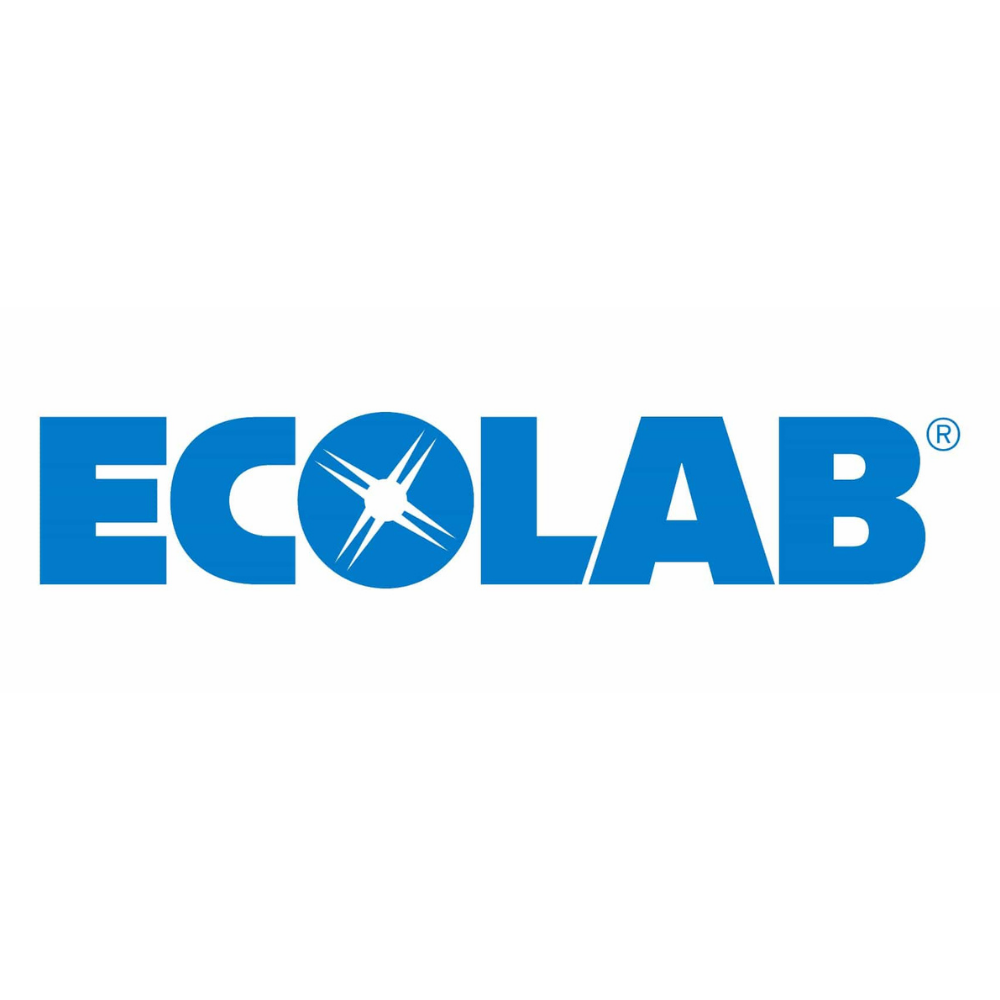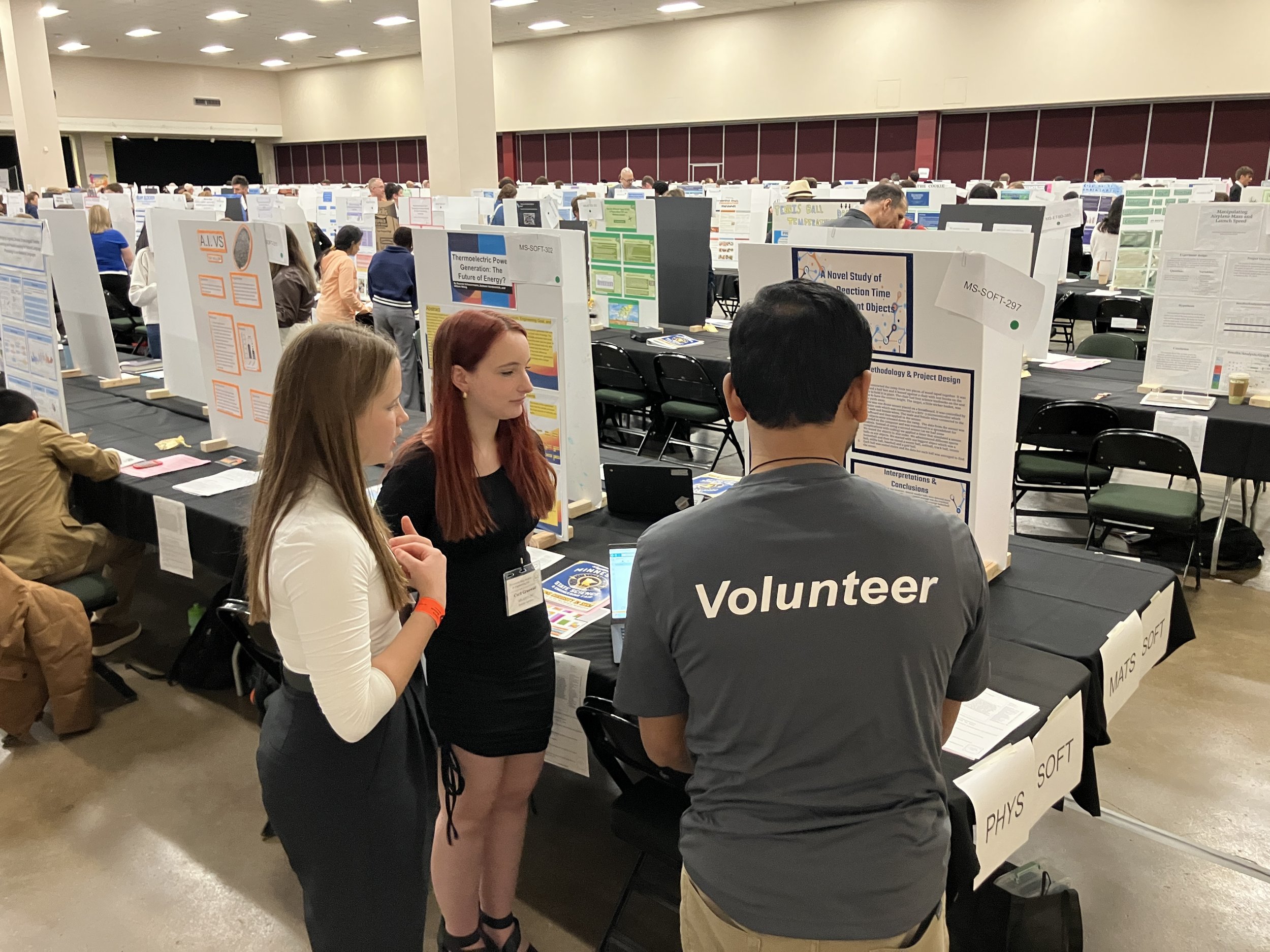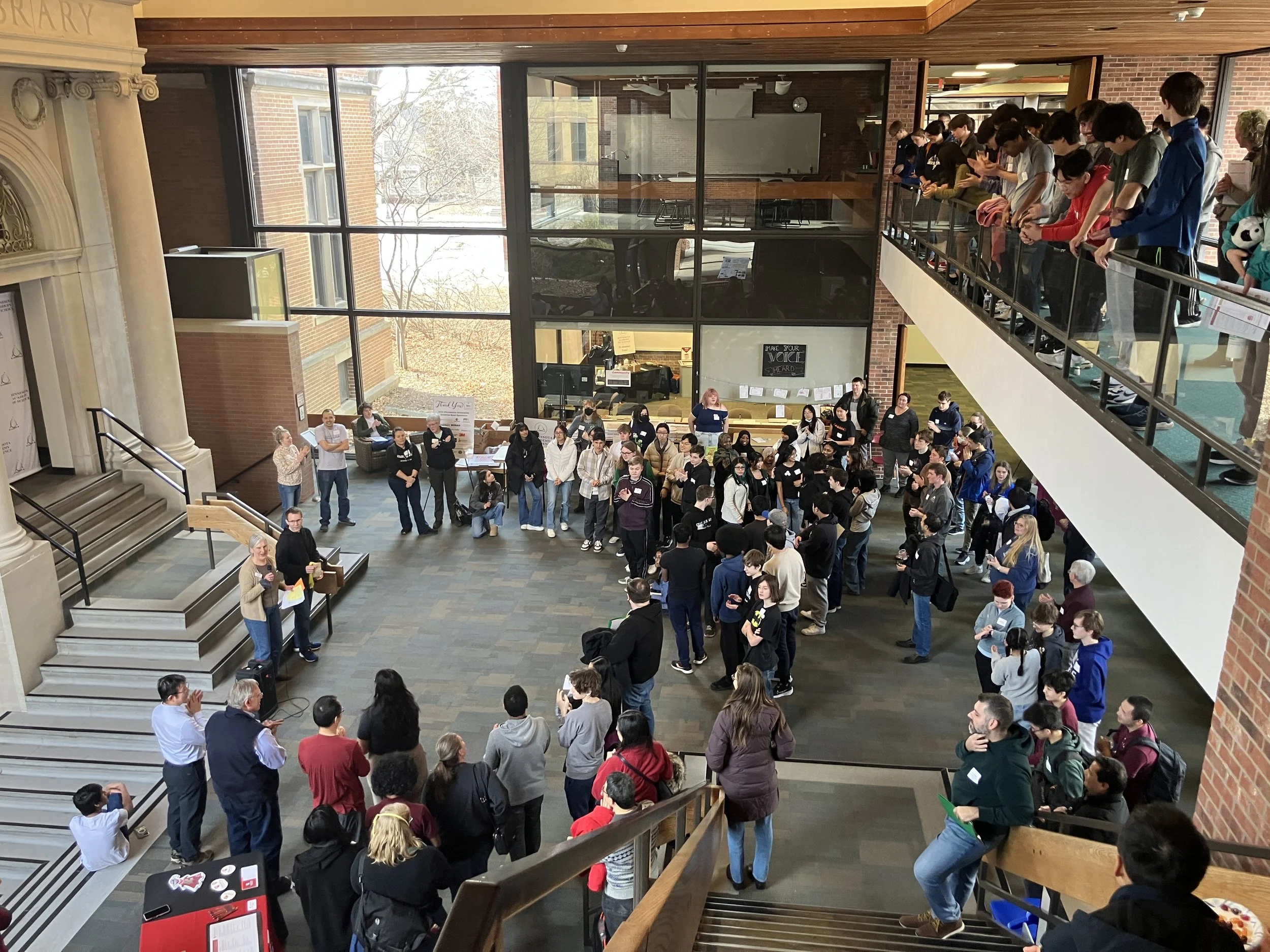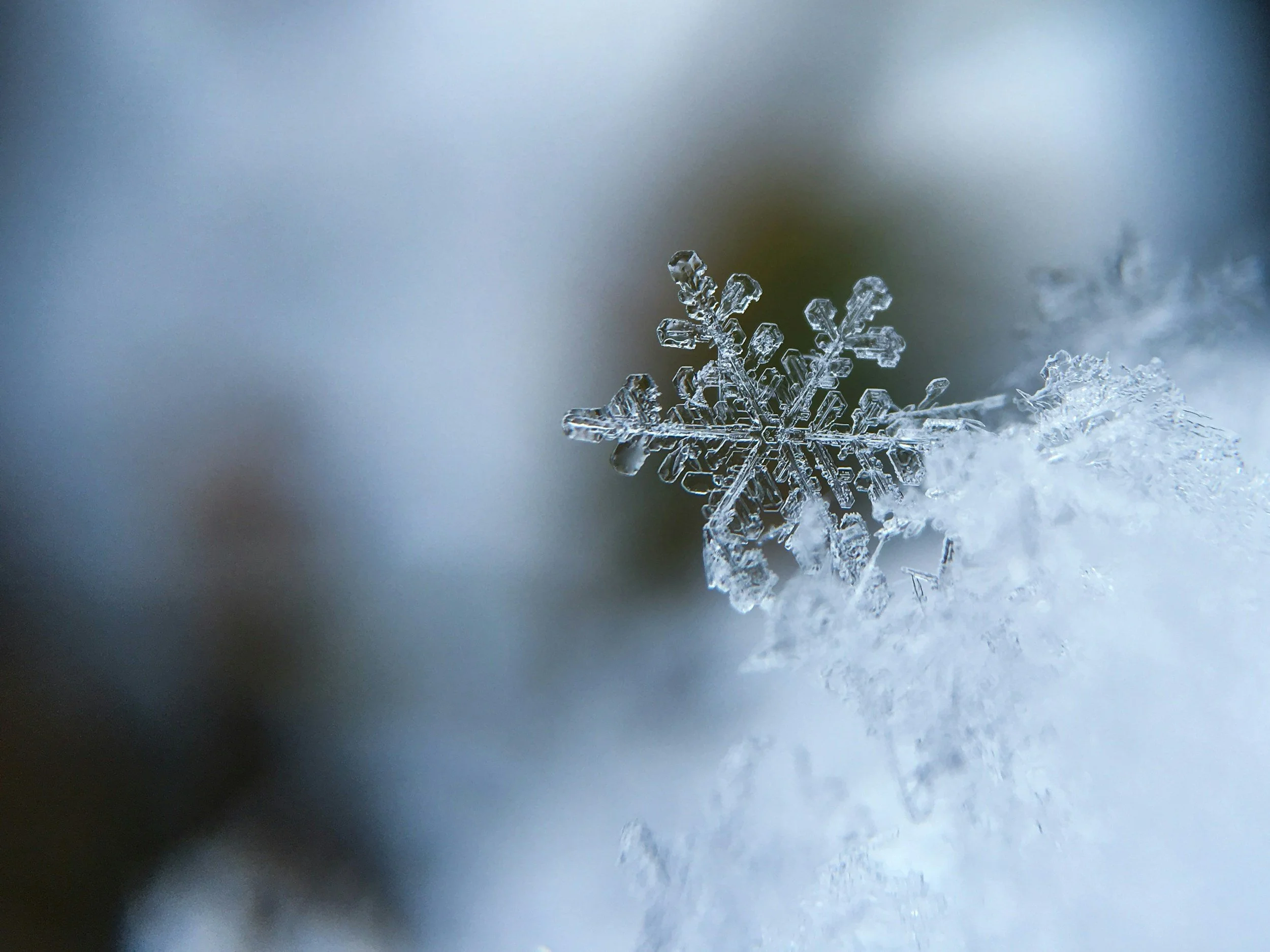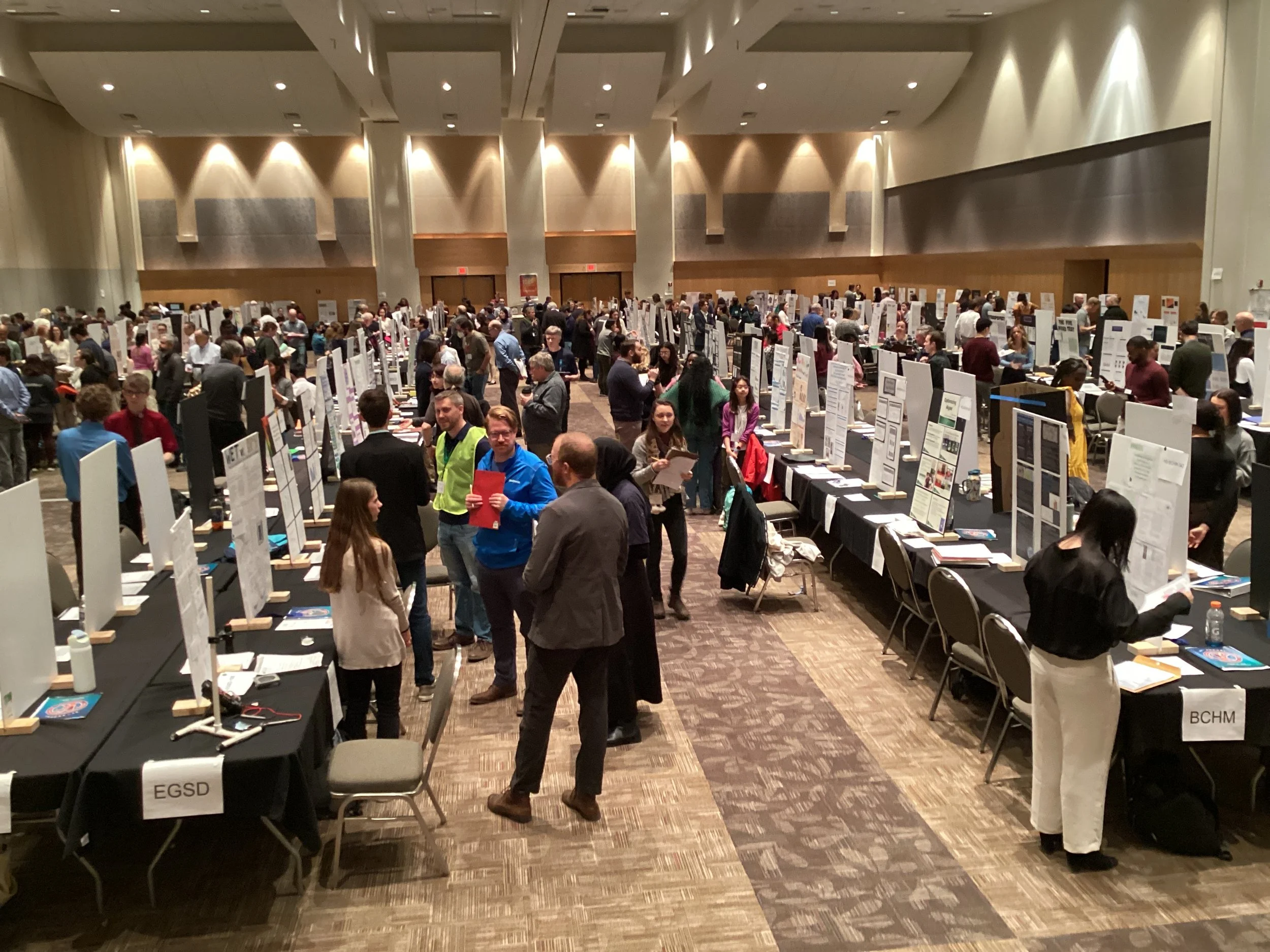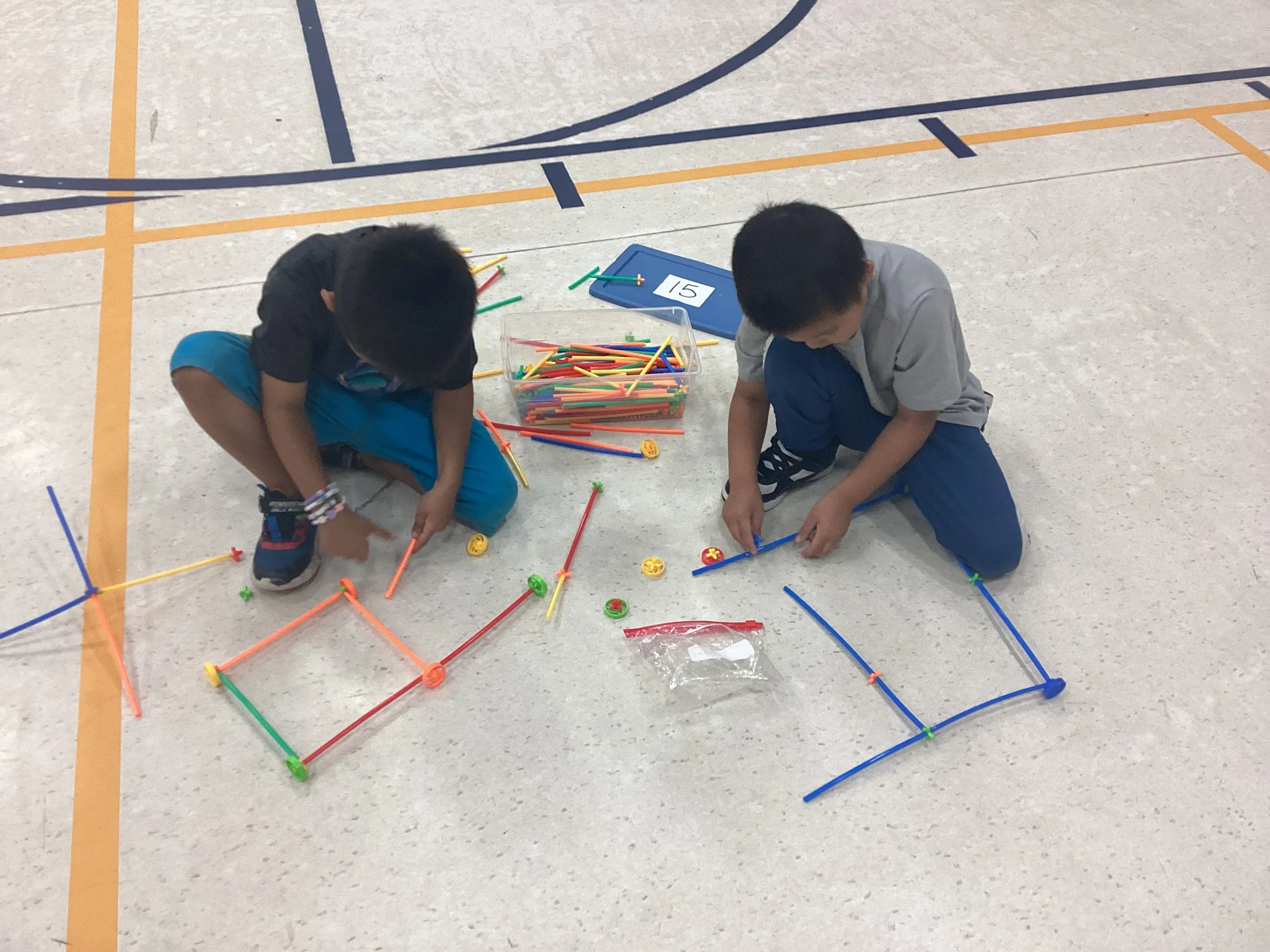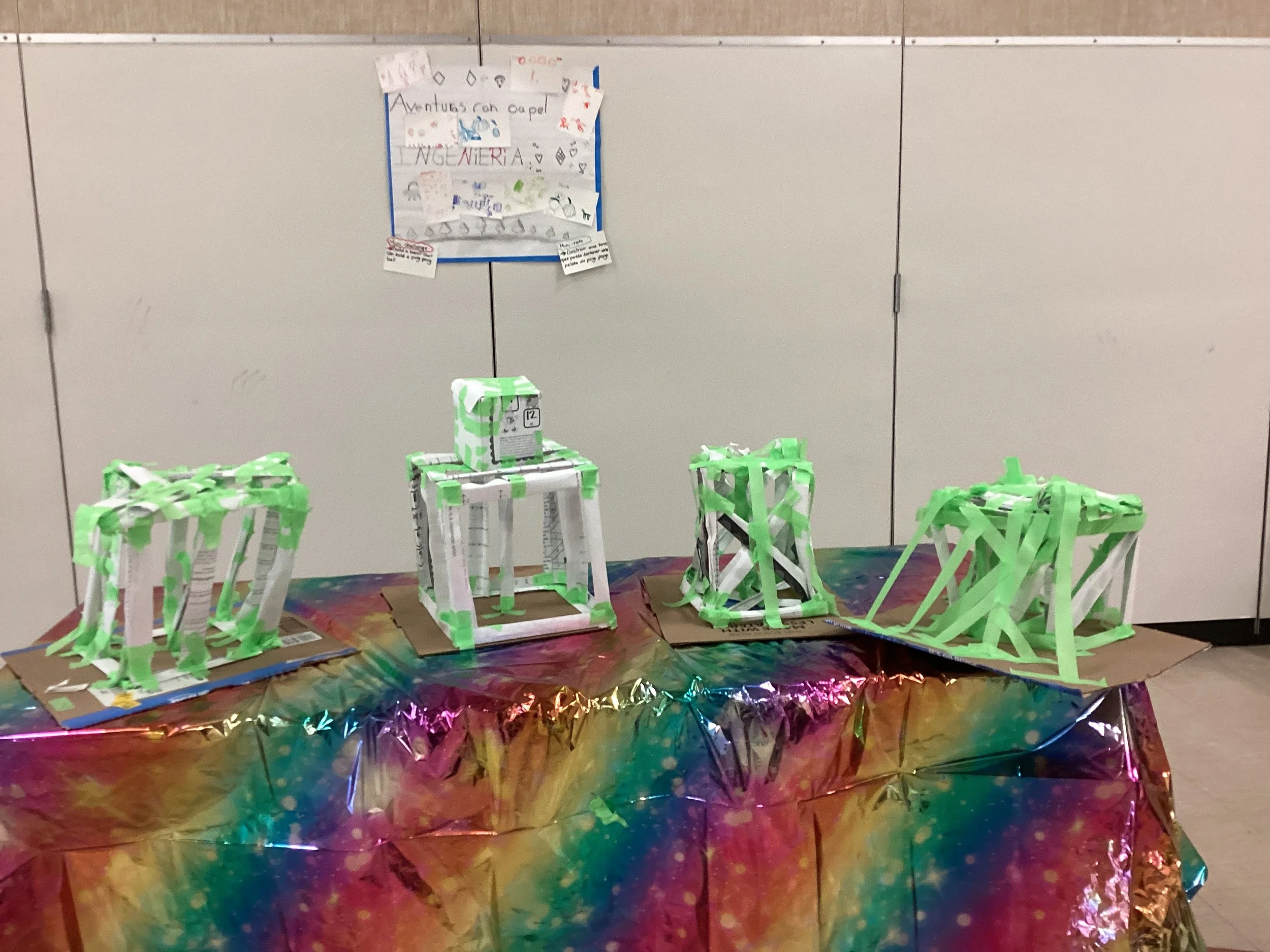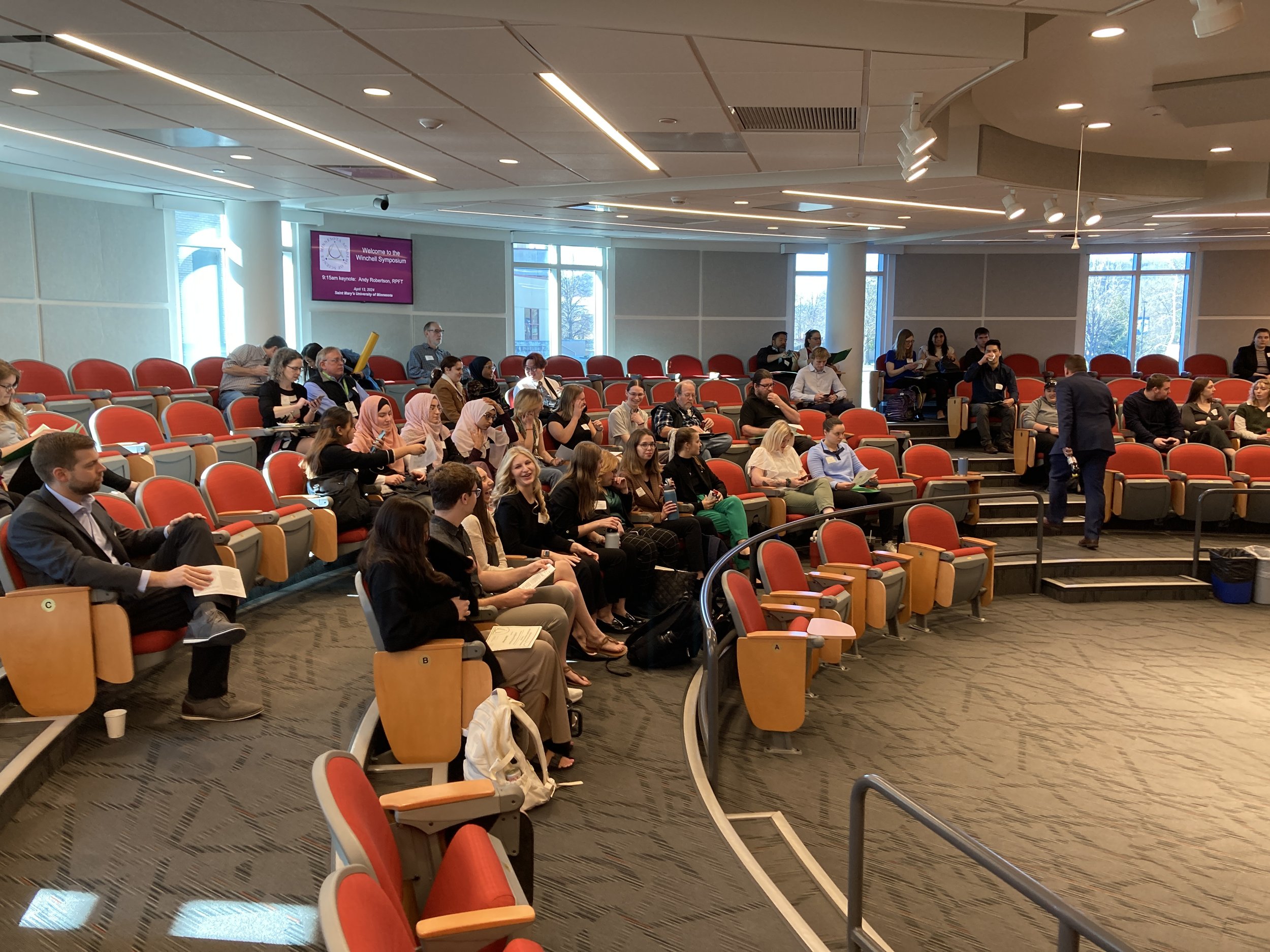STEM in Minnesota
Explore the amazing variety of Minnesota STEM learning and organizations, including museums, nature centers, zoos, aquariums, wildlife centers, non-profits, university laboratories, government programs, and research resources.
Minnesota STEM Learning
AskMN - The Librarian Is In!
An online service for information and research help that is available to all Minnesota residents and students.
Big River Journey
Filled with fun and exciting video clips and interactive learning modules about birds, boats, bugs, water quality and much more, the new Big River Journey Online allows kids to explore the mysteries of the Mississippi from school or home.
Big Tree Champions of Minnesota
The DNR’s Minnesota Big Tree Registry has five national champions and 50 state champions, which are the biggest reported living tree of a species.
Dakota Land Maps
These Dakota land maps tell the past, present and future of Dakota people and language.
DNR Education Programs
Download this guide to the Minnesota DNR’s many education offerings.
Groundwater and Nitrate Movement in Southeast Minnesota
These visuals from the Minnesota Department Of Agriculture demonstrate the fascinating and complex flow of groundwater in southeast Minnesota.
Living River Online
This online program demonstrates how organisms live within an ecosystem. Three interactive stations feature exciting videos and fun learning modules about floodplains, mussels, pike and the Mississippi River! The course explores different ways to look at the river to determine its vitality.
Maplewood Nature Center videos
Meet native animals from Minnesota and learn to identify the songs of local birds.
Compiled Minnesota STEM Curriculum
Minnesota Academy of Science’s compendium of STEM curriculum in Minnesota.
Minnesota Animals
The DNR’s guides to birds, fishes, insects/arthropods, mammals, mussels, reptiles, and amphibians found in Minnesota.
Minnesota Biodiversity Atlas
Searchable interface integrating an extensive set of over 5 terabytes of data from the Bell Museum on birds, mammals, fishes, plants, and fungi.
Minnesota Bird Coloring Book
Download this printable coloring book featuring common Minnesota birds from the Department of Natural Resources.
Minnesota Digital Library
The Minnesota Digital Library offers resources on Minnesota's history and geography for researchers, educators, students, and the public.
Minnesota DNR
Ideas for indoor and outdoor activities, videos, training, information about Minnesota animal tracks, rivers, animals, rare species, and more.
Minnesota Groundwater Contamination Atlas
Using a text-based search or scanning the map, you can view groundwater areas of concern for sites in remediation programs. Within an area of concern, you can download groundwater sampling data or learn the story about contamination at a specific site.
Minnesota Mammals
Learn about the carnivore species in Minnesota and the surrounding states and provinces with this guide from the Natural Resources Research Institute.
Minnesota Skies
A monthly guide from the Bell Museum to observing .celestial objects and events in Minnesota.
Minnesota Valley Refuge Friends
A video series that includes virtual storytimes, facepainting tutorials, sing-a-longs, pond insect identification, fishing trips, and birding tips.
Minnesota Valley National Wildlife Refuge
Distance learning activity packets for outdoor exploration at home, at the refuge or a neighborhood park, including songs, storytime, and virtual field trips.
Minnesota Wildflowers Guide
Photos and information about wild plants that grow in Minnesota, both native and non-native.
MnLINK
MnLINK is a statewide virtual library that electronically links you to Minnesota's rich library resources.
The Watershed
A podcast exploring stories about water and people from communities throughout Minnesota produced by We Are Water MN.
Voyageurs National Park Podcasts
Podcasts describe visitor destination sites at Voyageurs National Park that can only be reached by watercraft. Experience the Minnesota gold rush at Little American Island or explore the imaginative rock creations at Ellsworth Rock Gardens.
Waters to the Sea Mississippi River Adventure
Travel downstream with a multimedia adventure which follows a raindrop’s 90-day journey from source to sea.
Wolf Ridge Adventures in Learning
Students explore Wolf Ridge and their own backyards – experiencing nature from a variety of perspectives including – science, history, culture, art, and literature.
Young Naturalists
Minnesota Conservation Volunteer magazine's Young Naturalists series is designed to engage students with a wide variety of nonfiction topics on natural science and outdoor life.
Minnesota STEM Musuems
Bakken Museum
The Bakken Museum inspires a passion for innovation by exploring the potential for science, technology, and the humanities to make the world a better place.
Bell Museum of Natural History
The Bell Museum of Natural History seeks to discover, document, and understand nature to promote informed stewardship.
Pavek Museum of Electronic Communication
The Pavek Museum of Electronic Communication connects generations by sharing stories of history, art, and technology, inspires innovation through dynamic experiences, and preserves knowledge of the past through historical collections and hands-on education.
Science Museum of Minnesota
The Science Museum of Minnesota combines research and collection facilities, a public science education center, and teacher education and school outreach programs to provide science education to everyone.
Works Museum
The Work’s exhibits, programs, and design challenges engage kids in science, technology, and engineering and make learning memorable and fun.
museum ACCESSIBILITY
Museum and zoo programs and discounts for Minnesotans with income, sensory or mobility limitations
Minnesota Nature Centers, Environmental Learning Centers and Parks
Carpenter Nature Center, Hastings
Hiking trails wind throughout campuses both west and east of the St. Croix River. The visitor center features exhibits with live animals on display and raptor mews. With more than 10 miles of hiking trails, three-and-a-half of which are paved to accommodate persons with mobility limitations, you will see a vast variety of plant and animal communities.
Dodge Nature Center, West St. Paul
Hike trails and explore prairies, woodlands, and wetlands. See farm animals, raptors, and local wildlife. Miles of trails are open to the public at no charge from sunup to sundown every day of the year.
Hartley Nature Center, Duluth
Hartley Nature Center is an independent, non-profit, environmental education and recreation organization located in Duluth, Minnesota. They are dedicated to environmental education for all people, focusing on youth from the surrounding region. Hartley Nature Center provides programs, equipment rentals, and general park information.
Hawk Ridge Bird Observatory, Duluth
The mission of the Hawk Ridge Bird Observatory is to protect birds of prey and other migratory birds in the Western Lake Superior Region through research, education, and stewardship.
Jay C. Hormel Nature Center, Austin
The Jay C. Hormel Nature Center features over 500 acres of prairie, forests, and wetlands. Keep eyes and ears open for many kinds of wildlife as you explore the 10+ miles of trails!
Osprey Wilds Environmental Learning Center, Sandstone
Osprey Wilds is a private, non-profit 501(c)(3) residential environmental learning center and conference & retreat center nestled on the shores of Grindstone Lake in east-central Minnesota.
Minnesota state parks, trails, and water trails virtual tours
Ney Nature Center, Henderson
Ney Nature Center (NNC) is home to 446 acres of all the natural world has to offer – forests, prairie, meadows, bluffs, creeks, and a variety of wildlife.
River Bend Nature Center, Faribault
River Bend Nature Center's mission is to help people discover, enjoy, understand and preserve the incredible natural world that surrounds us all.
Wolf Ridge Environmental Learning Center, Finland
Located on a ridge overlooking Lake Superior, Wolf Ridge’s 2,000-acre campus is bordered by the Baptism River and features creeks, two lakes, two high peaks, 18-miles of trail, and a mixed forest of maple, birch, and spruce.
Minnesota Zoos, Aquariums and Wildlife Centers
Como Zoo and Conservatory
Como Zoo features a seal island, a large cat exhibit, a variety of aquatic life, primates, birds, African hoofed animals and a world class polar bear exhibit. The Marjorie McNeely Conservatory has two acres under glass with a number of different wings dedicated to a variety of plant life including bonsai trees, ferns, orchids and seasonal flowers.
Great Lakes Aquarium
The Great Lakes Aquarium inspires people to explore their connection with Lake Superior and the waters of the world.
International Wolf Center
The International Wolf Center advances the survival of wolf populations by teaching about wolves, their relationship to wildlands and the human role in their future.
Minnesota Zoo
Cutting-edge exhibits provide exciting experiences with animals and their habitats introducing guests to species from around the globe. Education programs engage audiences at the Zoo, throughout the region, and around world. Conservation programs protect endangered species and preserve critical ecosystems.
Raptor Center
An internationally renowned education facility, The University of Minnesota’s Raptor Center trains veterinary students and veterinarians from around the world to become future leaders in raptor medicine and conservation. The Raptor Center also focuses on unique public education programs and events.
Minnesota STEM Non-Profits
Audubon Minnesota
Audubon Minnesota works to conserve and restore natural ecosystems with a focus on birds and other wildlife.
Minnesota Technology Foundation
The Minnesota Technology Foundation is the philanthropic arm of the Minnesota Technology Association. The foundation fuels Minnesota’s innovation by providing resources for building a workforce educated in science, technology, engineering and math.
Nature Conservancy, Minnesota Chapter
In Minnesota, the Nature Conservancy works with diverse partners to bring back healthy rivers, lakes and wetlands; protect forests, grasslands and the benefits they provide; and tackle climate change.
SciMathMN
SciMathMN advocates for effective, engaging and rigorous science, technology, engineering and mathematics education opportunities for all Minnesota students, preparing them for citizenship, careers, and college.
Sierra Club North Star Chapter
The Sierra Club North Star Chapter is the Minnesota branch of the national Sierra Club, working for our communities’ well-being through environmental protection.
Urban Bird Collective
The Urban Bird Collective creates safe and welcoming spaces for all communities to come out and explore birding and the outdoors.
Minnesota Public STEM Resources
Minnesota Department of Agriculture
The Minnesota Department of Agriculture ensures integrity in the food supply, the health of the environment, and the strength of the agricultural economy.
Minnesota Geological Survey
The Minnesota Geological Survey provides geoscience information to support environmental stewardship in Minnesota.
Minnesota Pollution Control Agency
The Minnesota Pollution Control Agency (MPCA) monitors environmental quality, offers technical and financial assistance, and enforces environmental regulations.
Minnesota State Center for Engineering Excellence
Offers a free training and Explore Engineering Kits for educators serving areas with high free and reduced lunch populations in the greater St. Paul / Minneapolis area.
s Tech Hire
Minneapolis and St. Paul partner with learning programs to quickly skill up job seekers looking to enter the tech industry. Since the effort began in 2015, more than 2,000 people have graduated from tech trainings and 1,800 of them are now working as tech professional with one of our 500 employer partners.
North Star STEM Alliance
Minnesota section of an initiative funded by the National Science Foundation intended to double the number of underrepresented students receiving baccalaureate degrees in STEM.
Sisters-N-Technology
After school program in Minneapolis Public Schools that focuses on coding and STEM, with a mission to engage young women in computer science and related IT fields.
STEM Forward
Organization in Southeast Minnesota promoting STEM excellence in local K-12 schools.
Minnesota University Research Stations, Laboratories and Programs
Cedar Creek Ecosystem Science Reserve
Cedar Creek Ecosystem Science Reserve is a University of Minnesota biological field station with many ecosystems and species found throughout the forests and grasslands of North America. Faculty, staff and students who work at Cedar Creek are dedicated to understanding how human activities, such as agriculture and fossil fuel combustion, are changing ecosystems.
Cloquet Forestry Center
Explore sixty years of history at the Cloquet Forestry Center with this interactive story map.
Itasca Biological Station and Laboratories
Itasca Biological Station and Laboratories is a University of Minnesota field station dedicated to research and teaching on how ecosystems work, with an eye to cultivating an appreciation of their value and preservation for future generations. Three ecosystems converge at Itasca: coniferous forest, eastern deciduous forest and tall grass prairie. Plants and animals native to each are abundant in the 50 square miles of Itasca State Park. Over the past century, the station has attracted tens of thousands of students, teachers and scientists. The Itasca library holds more than 925 articles and dissertations, and 2,500 student papers based on research carried out at Itasca.
Minnesota Sea Grant
Minnesota Sea Grant works to enhance Minnesota's coastal environment and economy through scientific research and public education programs.
Multi-Axial Subassemblage Testing (MAST) Laboratory, University of Minnesota
The Multi-Axial Subassemblage Testing (MAST) Laboratory twists, compresses and stretches components of large structures such as buildings and bridges in order to study what happens to them during extreme events.
Natural Resources Research Institute, University of Minnesota - Duluth
As part of the University of Minnesota system research enterprise, NRRI employs over 140 scientists, engineers, technicians, staff and students in two industrial research facilities. Through collaborative partnerships, they deliver tools and solutions needed to utilize and sustain Minnesota’s precious natural resources.
St. Anthony Falls Laboratory
The St. Anthony Falls Laboratory researches the intersection of fluid mechanics with major societal challenges in energy, environment and health.
St. Croix Watershed Research Station
The St. Croix Watershed Research Station is a field research station of the Science Museum of Minnesota where scientists conduct ongoing ecological research at the watershed scale.
Most recently updated April 2024. Originally published April 2020.




